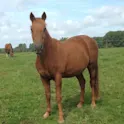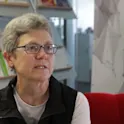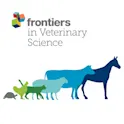
Health
24 Jun 2022
Dr Deborah Nadal: Why a rigid rabies elimination strategy can struggle to take hold in a world of local complexities
Dr Deborah Nadal. Image: Rebecca Rodrigues Dr Deborah Nadal is an affiliate researcher at the University of Glasgow, where she works on rabies-related projects, and a consultant for the Department of Control of Neglected Tropical Diseases of the World Health Organization (WHO). Her PhD research on the co-existence between people, free-roaming animals, and the rabies virus in urban India got turned into an award-winning book. Her two main research areas are health and animals (human and non-human), with a particular interest in how different species can contribute to each other’s physical, mental, and social wellbeing, especially in impoverished settings. Now, she tells us more about the need to understand local perceptions of rabies to tackle this deadly disease efficiently and sustainably. What inspired you to become a researcher? Becoming a researcher was not in my plans until rather recently. When, as a pre-school kid, I was asked what my job would be, I always replied “Licia Colò”. She is an Italian TV hostess famous for travel and animal shows. To the young me, she was the job. Then, as a school kid, the veterinary profession was my dream. In fact, my book is dedicated to this dream. But during my school years, my fascination with India started to grow as well and, despite the skepticism […]



